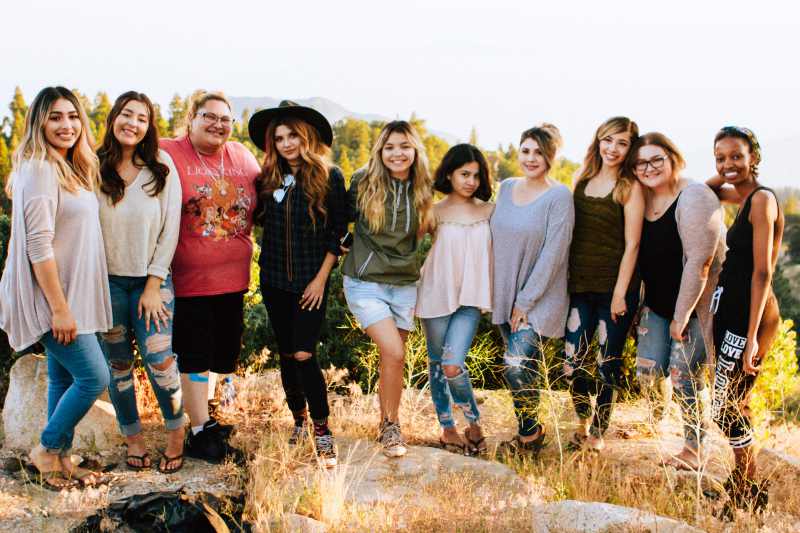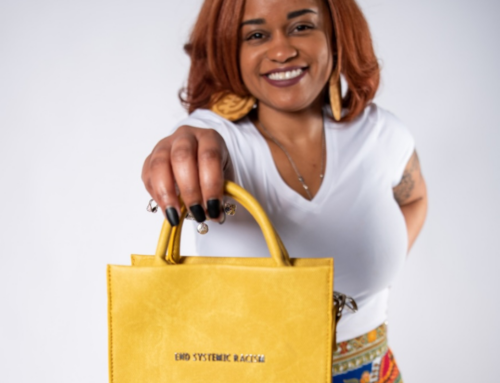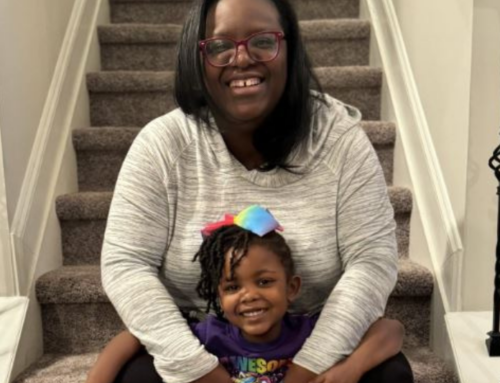Safety…Early childhood experts say it is critical to successful development through those early ages and stages. Safety is the first trauma-informed principle and some might say that it is the foundation upon which the other principles rest. As we listen to #metoo stories and #timesup messages and consider that safety isn’t a given for girls, it becomes apparent that girls and women do not feel safe. It is estimated that 25% of girls will experience sexual assault[1] and and 25% experience[2] dating and domestic violence in their homes and in other environments. We can’t help but see that girls and women feel unsafe in their homes, in their communities, in their schools, and in their workplace, and it is not hard to imagine how that impacts their levels of stress and mental health.
What does it say about our collective sense of safety when parents of girls feel the need to prepare their girls to protect themselves by walking with another person (preferably male) at night, carrying protective devices like mace (or a gun), or putting their keys between their fingers? And of course, there is the guidance about safety at parties. Don’t drink anything that you did not pour or see poured. Never put your drink down. Why not? Because you are not safe.
There are also the environments where our lack of safety is not as clearly visible. But we still feel it. In school, girls stop participating in class because, as girls, they have been taught directly or indirectly to be respectful, to not be too attention-seeking and not to fail. The traits they have been taught as young girls can create self-doubt in girls in school and inhibit participation that is crucial to engaged learning. In the workplace, women make daily choices to accommodate, stay neutral, or confront behavior that promote the identity of women as primarily sexual beings and not intellectually equal. The problem is, if she speaks up, she is seen (or viewed as) aggressive or difficult, and if she doesn’t speak up, then how can it be that big a deal? This constant negotiation with the world about female identity and corresponding power, or inequity, for women is exhausting and many times scary. It is unsafe.
And so here we are at another point in time when conversation seems possible. Some would say that we (#metoo) are at risk for being so extreme and black and white, that our progress could be compromised. This is a nuanced and complex conversation that is based upon thousands of years of history. It deserves thoughtful, participatory, and respectful exploration of healthy relationships, how we show up as men and women and our relative power rather than knee-jerk reactions.
The hopeful part of this point in time is that men are having this conversation as well. Several articles have emerged describing the uncertainty that men also feel about what it means to be a man or what it means to be masculine. There seems to be an effort to explore masculinity and femininity in a way that may lead to mutual respect, equity, and the freedom to choose what that means individually, in relationship to one another, and in our society.
Research underscores the role that gender inequality and rigid gender roles play in lack of safety felt by girls and violence experienced by girls. So what does it mean for us who are working to support states, communities, organizations and individuals to provide access to services and supports that lead to healthier people and environments? For one thing, as we are probing questions of cultural and linguistic competence, a focus on gender that includes LGBTQ and cis gender children and youth should be included. Everyone deserves a space to determine who they are and what that means in a society where individuals respect and care for each other. Everyone deserves to feel safe walking to their car, interacting with peers, raising their hands and achieving professional success.
[1] The Center for Family Justice
[2] National Domestic Violence Hotline




